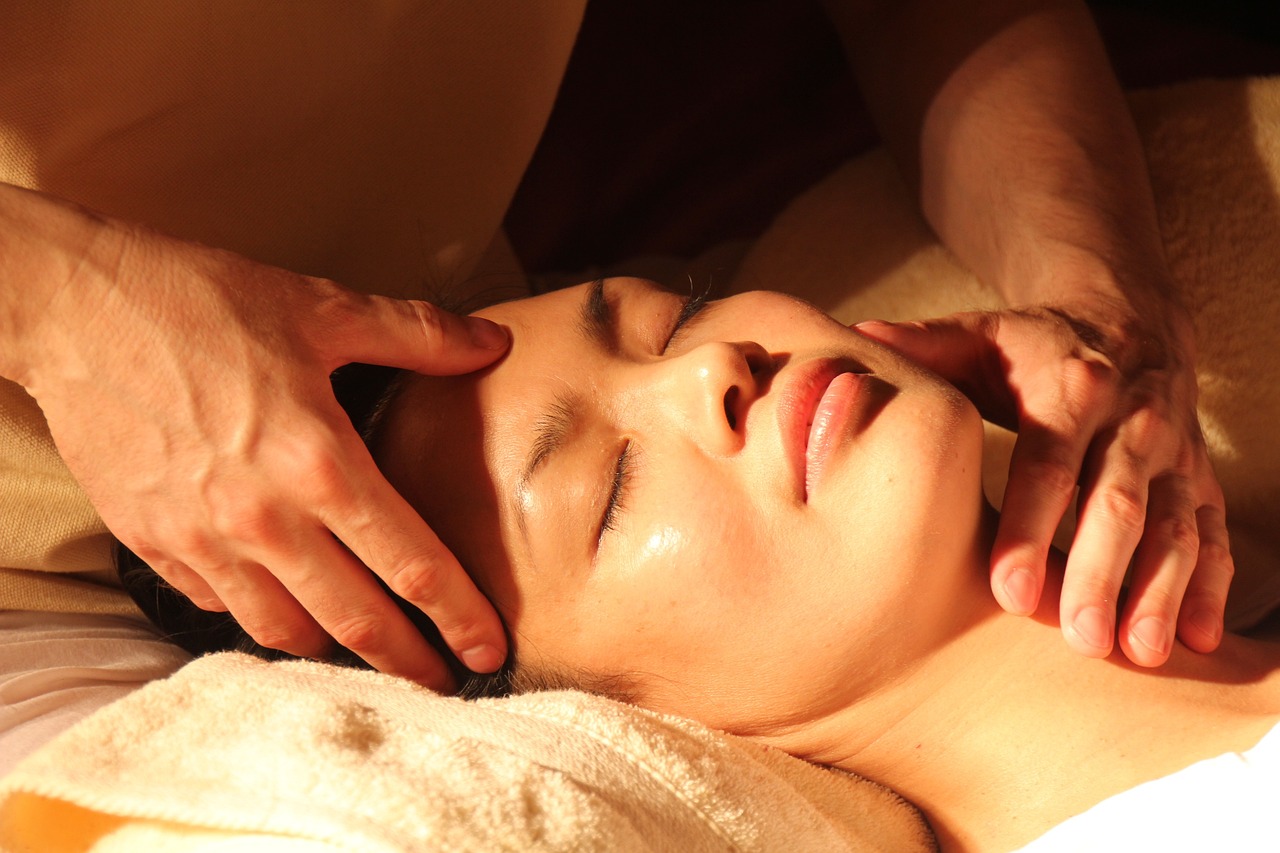Deep tissue massage contraindications
When it comes to deep tissue massage, it’s important to be aware of certain contraindications and precautions. This article will provide valuable insights into the potential risks, safety measures, and precautions associated with deep tissue massage, ensuring a safe and effective experience.
UNDERSTANDING DEEP TISSUE MASSAGE
OVERVIEW
Deep tissue massage focuses on targeting the deeper layers of muscles and connective tissues. By applying firm pressure and slow strokes, this technique aims to alleviate chronic muscle tension and adhesions. It offers benefits such as pain relief, increased flexibility, and overall well-being.
BENEFITS AND RISKS
Deep tissue massage offers numerous advantages, including reduced muscle pain, improved mobility, and enhanced athletic performance. However, it’s essential to consider the potential risks and contraindications to ensure a safe session. Understanding these aspects empowers you to make informed decisions and effectively communicate with your massage therapist.
CONTRAINDICATIONS FOR DEEP TISSUE MASSAGE
MEDICAL CONDITIONS
Certain medical conditions require caution or avoidance of deep tissue massage. If you have any of the following conditions, it’s important to consult with your healthcare provider or a qualified massage therapist:
- Recent injuries or surgeries: Deep tissue massage may hinder the healing process, so it’s advisable to avoid it during the initial recovery phase.
- Blood clotting disorders: Individuals with conditions like deep vein thrombosis or hemophilia should exercise caution or seek guidance from their healthcare provider due to a higher risk of complications.
- Osteoporosis: Fragile or brittle bones associated with osteoporosis can be vulnerable to fractures under intense pressure. In such cases, gentle massage techniques or alternative modalities may be more suitable.
PRECAUTIONS AND SAFETY MEASURES
Even if you don’t have specific contraindications, taking precautions ensures a safe and comfortable deep tissue massage session. Consider the following:
- Effective communication: Discuss your medical history, any discomfort, and your pressure tolerance with your massage therapist. This information helps tailor the session to your needs.
- Adequate hydration: Stay hydrated before and after the massage to flush out toxins released during the session and promote overall well-being.
- Provide feedback: Continuously communicate with your therapist during the massage. If anything feels uncomfortable or painful, don’t hesitate to speak up so adjustments can be made.
FINAL THOUGHTS
Deep tissue massage can be highly effective in relieving muscle tension and enhancing well-being. However, it’s crucial to be mindful of potential contraindications, risks, and safety measures. At Relaxing Massage Amsterdam, our experienced therapists prioritize your safety and well-being. We assess your individual needs, address any concerns, and provide a customized deep tissue massage experience. Open communication, accurate health information, and guidance from your healthcare provider contribute to a beneficial and enjoyable session.
Deep tissue massage contraindications Read More »




